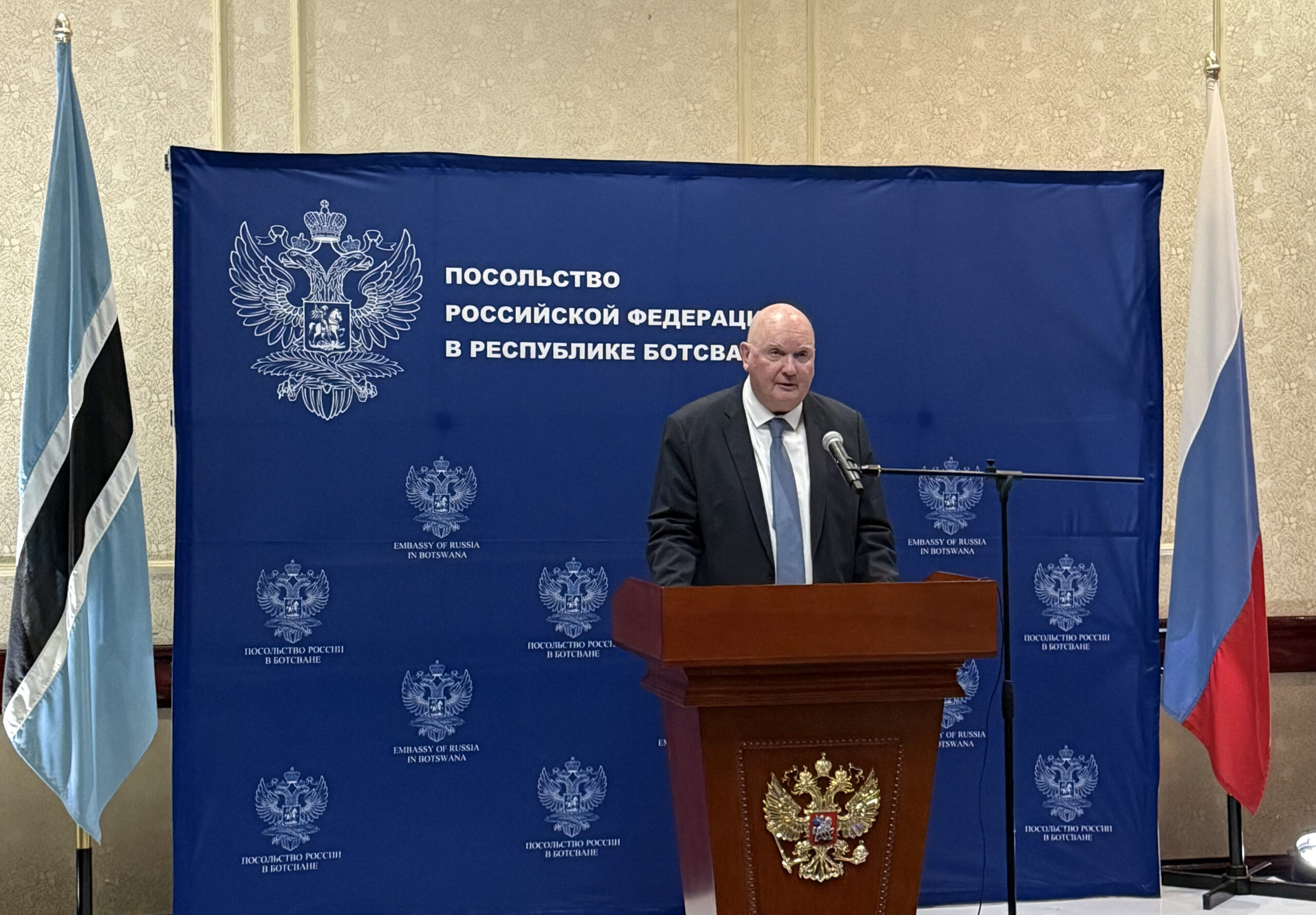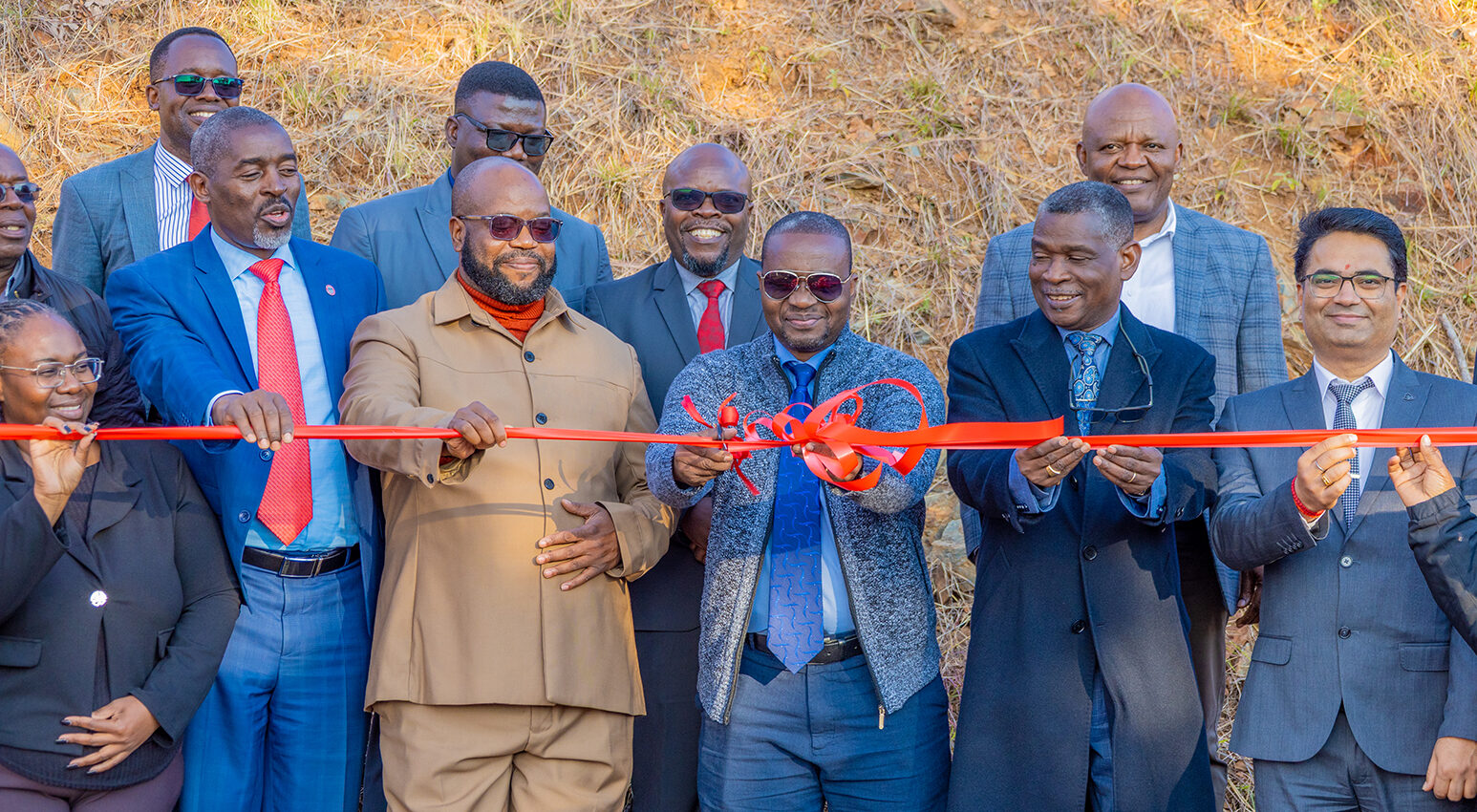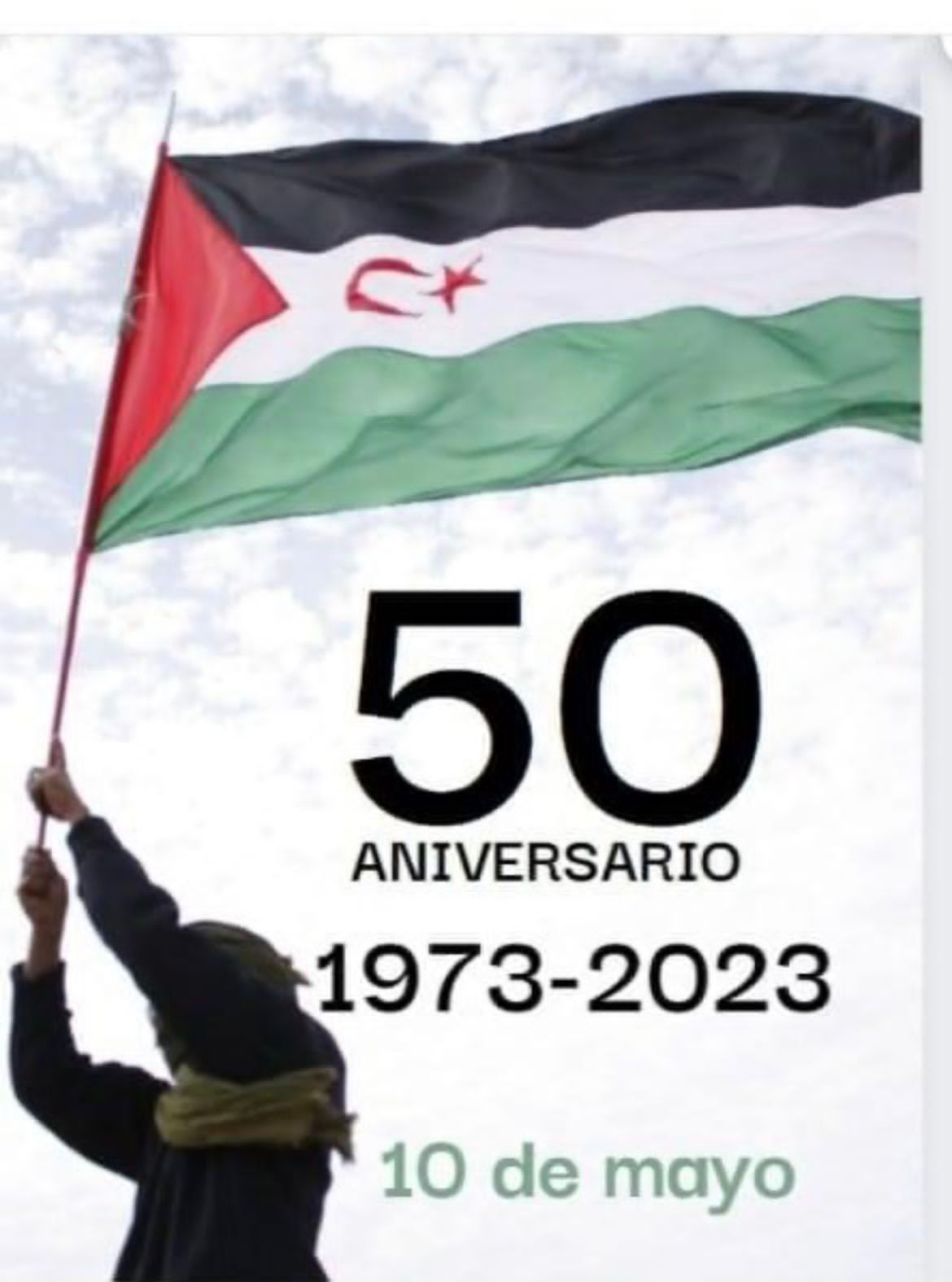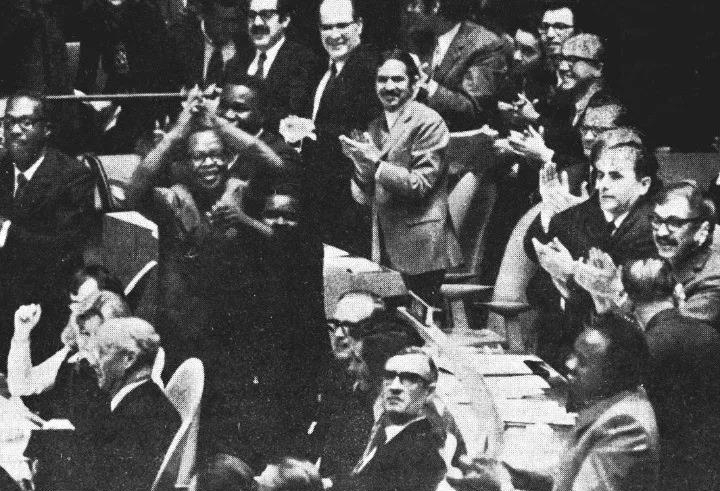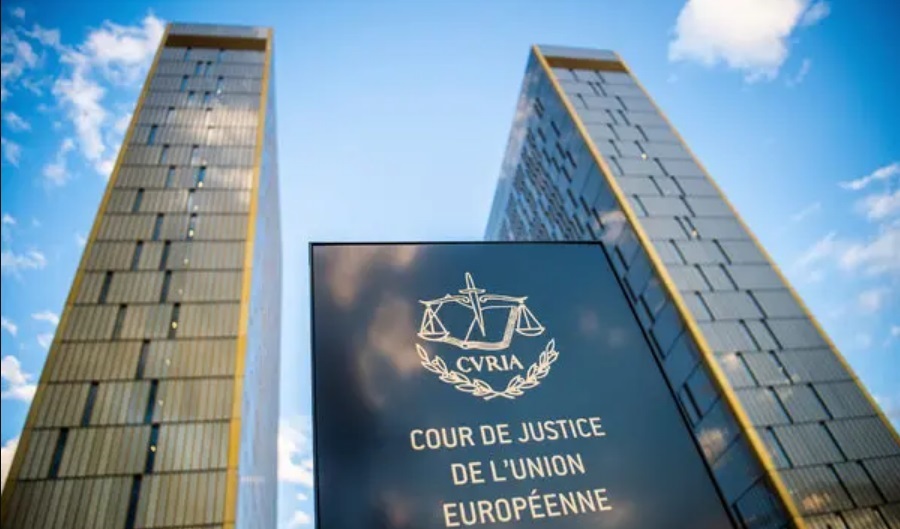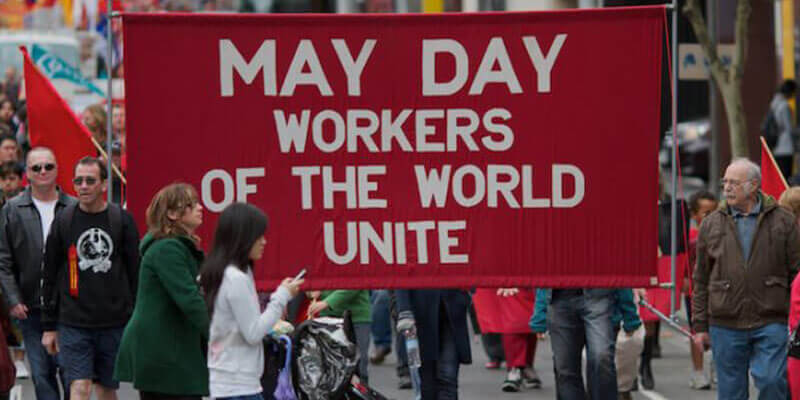
Workers of the World Unite, You Have Nothing to Lose But Your Chains
Cde Mafa Kwanisai Mafa
Introduction
As we commemorate International Workers’ Day on May 1st, 2025, we salute the indomitable spirit of the working class across the globe. Born from the heroic struggle of workers in Chicago in 1886, who laid down their lives for the 8-hour workday, May Day is not just a date on the calendar—it is a living symbol of resistance, unity, and the uncompromising demand for dignity and justice.

Today, as imperialism continues to intensify its assault on the oppressed peoples of the world, we must reassert our collective duty to wage struggle—not only for fair wages or decent working conditions, but for the total emancipation of humanity from all forms of exploitation. The struggle of the working class in Africa, Latin America, Asia, and the Global South is fundamentally the same as the struggle of the Palestinian people under occupation. It is the same as the struggle of poor American workers crushed under neoliberalism. It is the same as the struggles against austerity in Europe, the peasant revolts in India, and the grassroots resistance in Haiti. It is one global war for justice, led by the producers of all wealth: the working class.
Capitalism and Empire: Two Faces of the Same Beast
Let us be clear: capitalism cannot be separated from imperialism. The domination of poor nations by rich ones, the looting of our resources, the impoverishment of our communities, the outsourcing of war and profit—all of this is part of a global capitalist system that thrives on exploitation.
Africa remains rich in diamonds, gold, oil, lithium, and rare earths, yet our people remain poor, underpaid, and often unemployed. Multinational corporations siphon billions from our lands while our youth drown in the Mediterranean Sea in desperate search of hope. The same system that props up puppet regimes to facilitate plunder in Africa is the same one that arms Israel with billions of dollars annually to maintain apartheid over Palestinians.
This is not a coincidence—it is by design. The same class interests that suppress worker organizing in the United States, that demonize socialism in Europe, that sabotage trade unions in Latin America, are the ones that dehumanize Palestinians and call their resistance “terrorism.” They fear the organized worker. They fear international solidarity. They fear that the oppressed will unite across borders and shatter the chains of global capital.
As Vladimir Lenin stated: “Imperialism is the highest stage of capitalism.” He explained that in this stage, monopolies dominate, financial capital merges with industrial capital, and the division of the world among imperialist powers becomes the norm. The war and oppression we see globally are symptoms of this decaying but dangerous system.
Palestine and the Moral Crisis of the West
We must confront a brutal truth: the Palestinian struggle exposes the moral hypocrisy of Western imperial powers and their corporate backers. While claiming to defend “democracy,” they arm a regime that bulldozes homes, bombs hospitals, and turns Gaza into an open-air prison.
In recent months, the world has witnessed genocidal violence in Gaza. Thousands of Palestinian workers, medics, teachers, farmers—fathers and mothers of the working class—have been killed. U.S.-made bombs drop on schools. European complicity runs deep. And all the while, the international bourgeoisie justifies this horror as “self-defense.”
To every worker reading this, we say: if you are against fascism, if you oppose racism, if you reject the exploitation of one people by another—then you must stand with Palestine. Their fight is our fight. Their oppressor is our oppressor. And their freedom is bound with ours.
Che Guevara once declared: “Solidarity is not a matter of charity, but mutual aid between forces fighting for the same objective.” The working class has no business being silent on Palestine. We either align with the oppressed, or we become tools of oppression ourselves.
The African Worker and the Revolutionary Legacy
In Zimbabwe, South Africa, Mozambique, Angola, Algeria, and throughout the continent, the working class played a central role in our liberation from colonialism. Our liberation movements were not just national—they were class-based, with a clear understanding that political freedom without economic justice is meaningless.
Nelson Mandela’s alliance with Yasser Arafat was not a mistake—it was a revolutionary bond. Mandela knew that apartheid in South Africa could not truly be defeated while apartheid continued in Palestine. Today, we must rekindle that spirit of Pan-Africanist and internationalist solidarity.
The Zimbabwean worker faces immense challenges: de-industrialization, wage stagnation, unemployment, and an economic system still beholden to global financial institutions. Yet the spirit of resistance remains alive. We must now link our national struggles to the global labor movement and fight not just for reforms but for transformation—for socialism.
Thomas Sankara, the revolutionary leader of Burkina Faso, said: “He who feeds you, controls you.” It is time for African workers to take back control of our economies, our land, and our destiny. The liberation of Africa will not be complete until workers seize the means of production and direct them towards social needs, not capitalist greed.
The Role of Trade Unions in the 21st Century
Trade unions must reclaim their revolutionary soul. They cannot be reduced to wage negotiators or NGO-style service providers. The trade union is a school of class struggle, a weapon of the working class, and a bridge between local grievances and global liberation.
In many countries, union leaders have become comfortable, seduced by elite partnerships, foreign funding, or co-opted by the ruling classes. This Workers’ Day, we issue a challenge to trade unions: return to the trenches. Mobilize your rank and file. Link with progressive movements globally. Oppose war, racism, patriarchy, imperialism, and neoliberalism. And above all, educate the masses on the need for systemic change.
As Amílcar Cabral taught us: “Tell no lies, claim no easy victories.” Trade unions must stop performing token activism and embrace the hard, honest work of political education and mass mobilization. The enemy is well-organized. We must be more so.
From Solidarity to Strategy
Solidarity is not just about statements. It is about action. If workers in Europe and North America refused to load weapons headed to Israel, that would be solidarity. If African governments expelled ambassadors of apartheid regimes and ceased all arms trade, that would be solidarity. If unions worldwide coordinated strikes against companies profiting from war and occupation, that would be solidarity.
We must move from charity to resistance. From applause to coordination. From symbolic support to revolutionary practice.
As Rosa Luxemburg warned, “Those who do not move, do not notice their chains.” It is time for the working class to move boldly and purposefully.
Towards a New Internationalism
We need a new international of the working class. One not dictated by NGO funders, bourgeois ideologies, or state power. A grassroots, bottom-up internationalism rooted in the struggles of farmworkers in Brazil, dockworkers in South Africa, factory workers in Vietnam, peasants in Zimbabwe, and teachers in Palestine.
We call on workers across the globe to:
- Reject militarism and war-mongering by global elites;
- Demand the lifting of sanctions on oppressed nations like Zimbabwe, Cuba, Venezuela, and Iran;
- Support the Boycott, Divestment, and Sanctions (BDS) movement against Israel’s apartheid policies;
- Build unity between indigenous struggles, racial justice movements, and labor unions;
- Educate workers on the real causes of poverty: imperialism, capitalism, and class exploitation;
- Fight for a socialist future, where the wealth produced by workers benefits the many, not the few.
As Frantz Fanon declared: “Each generation must, out of relative obscurity, discover its mission, fulfill it, or betray it.” Ours is the mission of liberation through working-class unity.
Conclusion: A World to Win
Karl Marx’s words remain truer than ever: “Workers of the world, unite! You have nothing to lose but your chains.”
This Workers’ Day, let us rise above national flags and party lines. Let us speak as one voice: the voice of the exploited, the oppressed, and the organized. Let our cry shake the foundations of the palaces, the parliaments, and the corporations that feed off our sweat.
From the factories of Harare to the streets of Gaza, from Havana to Johannesburg, from the favelas of Brazil to the refugee camps of Lebanon—our chains are forged by the same hand, and our liberation will come from the same power: the global working class.
Long live international solidarity!
Long live the working class!
Long live the struggle for a socialist world!




